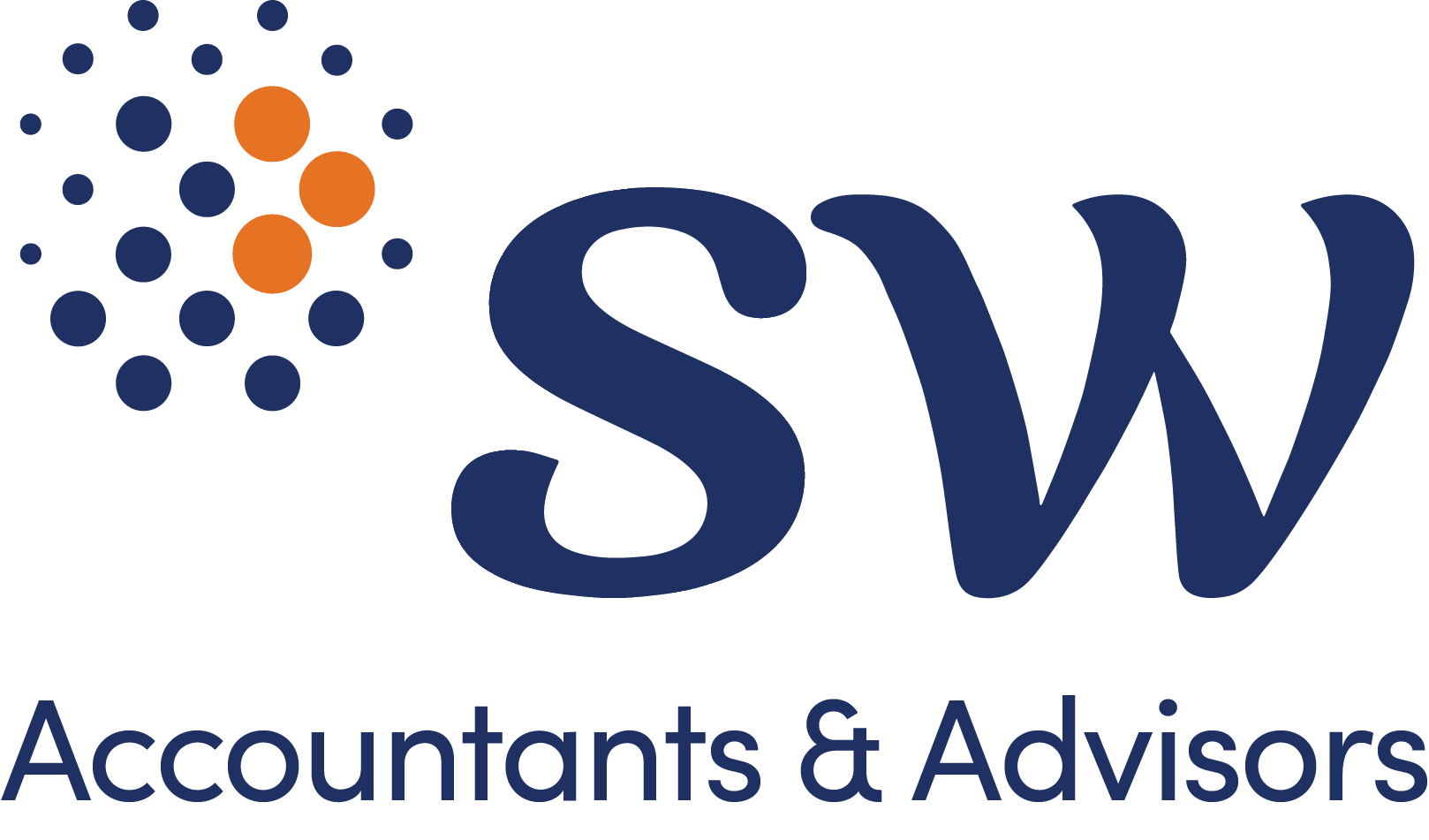
From legislation to action: Australia’s sustainability reporting standards finalised
30/09/2024
The Australian Accounting Standards Board (AASB) has approved new sustainability reporting standards aligning with mandatory climate reporting legislation. These standards create a framework for large Australian companies to disclose their sustainability practices.
Introduction
Following the passage of the legislation by the Australian Parliament, the AASB approved two inaugural sustainability reporting standards modelled after international guidelines and incorporate local legislation.
Climate first approach
Unlike the International Sustainability Standards Board standards, Australian sustainability standards have adopted a climate-first approach by making AASB S2 Climate-related Disclosures mandatory. Companies with reporting obligations must disclose key climate-related areas, including:
- governance and strategies
- risks and opportunities
- metrics and targets concerning emissions, covering direct emissions (Scope 1), energy consumption (Scope 2), and value chain emissions (Scope 3).
Additionally, AASB S2 incorporates changes mandated by legislation, including enhanced scenario analysis. Entities must disclose scenario analysis using at least both of the following scenarios:
- low warming scenario: global average temperature increase is limited to no more than 1.5 degrees
- high warming scenario: global average temperature increase exceeds 2.5 degrees.
Voluntary sustainability disclosure for other topics
AASB S1 General Requirements for Disclosure of Sustainability-related Financial Information covers various sustainability topics including biodiversity and human capital and remains a voluntary standard. This approach contrasts from the ISSB standards which phase in additional issues from the second year after climate disclosures.
To assist companies in adopting the ISSB-based sustainability standards voluntarily, the IFRS Foundation has published guidance for preparers.
Audit requirements
With the publication of the accounting standards, we are one step closer to implementation. The first group of companies must start reporting for the financial year ending 31 December 2025. However, one key missing piece is the auditing standards, as the company’s financial auditor will audit the sustainability report. The Auditing Assurance Standards Board (AUASB) is currently consulting with stakeholders to determine the assurance rollout for climate-related disclosures. By 2030, all sustainability reports will be subject to audit.
Based on the most recent exposure draft, the proposed audit requirements will be phased in. In the first year of reporting, different content will be subject to varying assurance requirements:
- limited assurance over Scope 1 and 2 emissions for the first year, moving to reasonable assurance thereafter
- other areas of disclosure will gradually be subject to review or audit from the second year onwards.
How SW can help
To make sure you are prepared, SW can conduct a gap analysis and create a road map to guide you on your sustainability journey.
Our audit and advisory experts are well-versed in sustainability accounting standards and will guide your business through any Australian reporting developments.
Keep an eye out for our alerts on the finalisation of the sustainability reporting assurance standard.




